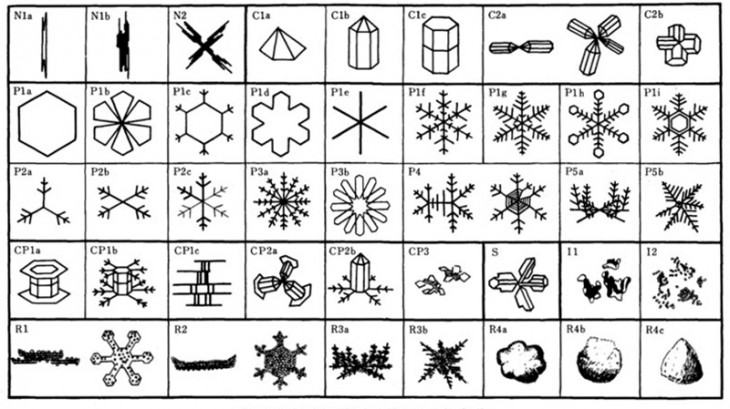 Of the critical proponents of emergent intelligence outlined by Thompson in ‘Emergence: the connected lives if ants, brains, cities and software’, the notion of useful ignorance is the most puzzling. It poses that an ignorance of the global order is critical for maintaining an efficient interaction and exchange of information between subordinate parts of the system. For example, a single neuron’s awareness of the behavior of the brain removes it from the scale at which it can develop local knowledge through interaction with its peers, and the system experiences an overall decrease in operating potential. This can be analogously compared to urban life, where street level interactions yield the highest productivity in terms of exchanging information with new parties and expanding the overall knowledge of the system itself.
Of the critical proponents of emergent intelligence outlined by Thompson in ‘Emergence: the connected lives if ants, brains, cities and software’, the notion of useful ignorance is the most puzzling. It poses that an ignorance of the global order is critical for maintaining an efficient interaction and exchange of information between subordinate parts of the system. For example, a single neuron’s awareness of the behavior of the brain removes it from the scale at which it can develop local knowledge through interaction with its peers, and the system experiences an overall decrease in operating potential. This can be analogously compared to urban life, where street level interactions yield the highest productivity in terms of exchanging information with new parties and expanding the overall knowledge of the system itself.
Though the existence of swarm intelligence and the emergence of complex intelligent systems is supported through research at many scales, certain questions arise when thinking about implementation at the scale of our cities. Does a knowledge of the existence of emergence as a social phenomenon play into our societal structure? If so, who are the actors in implementing this knowledge? How is it implemented? How do we overcome the paradox of implementing strategies which will strengthen the phenomenologics of swarm intelligence within our societal structure while curbing the development of a top-down state where knowledge of the systems overall operations are reserved only for those who are in the know?


